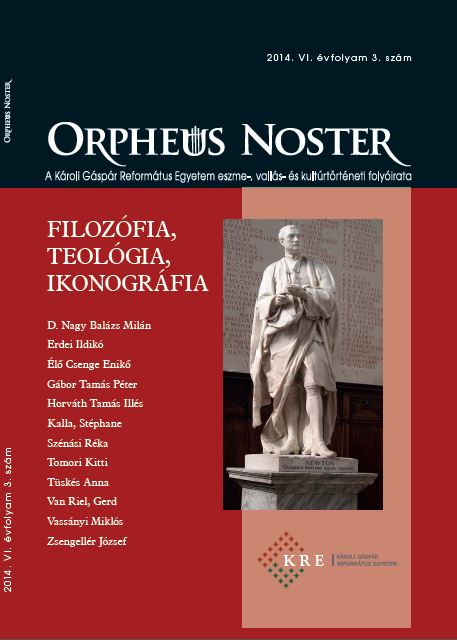Az emberáldozat formái az ókori Közel-Keleten és azok kiváltása a JHWH-vallásban
Forms of Human Sacrifice in the Ancient Near East and Its Substitution in the YHWH Religion
Author(s): József ZsengellérSubject(s): Jewish studies, Theology and Religion, Comparative Studies of Religion, History of Religion
Published by: Károli Gáspár Református Egyetem
Keywords: human sacrifice; religious practices in the Ancient Near Eas; Book of Joshua; YHWH Religion
Summary/Abstract: Human sacrifice seems to have been a well-known phenomenon of religious practices in the Ancient Near East. Our sources reveal different forms of this practice which we can label as collective and individual sacrifices. Collective sacrifice is the war made in the name of or by the order of gods. Its biblical form is called חרם presented e.g. in the Book of Joshua. Similarly collective sacrifice is the putting to death the died ruler’s servants. Next to these cases, when a group of people performed the sacrifice on another group, a separate case is the execution of a single person by a group. Individual sacrifice made by individuals (the homo necans) was the most popular and children, generally the firstborns were the victims. The substitutional character of this sacrifice is recognized in several religions, but in the orthodox Yahwistic religion the human firstborns were also substituted. This act was connected to the atonement for sins and became the typos of this idea in Christianity.
Journal: Orpheus Noster. A KRE Eszme-, Kultúr-, és Vallástörténeti Folyóirata
- Issue Year: VI/2014
- Issue No: 3
- Page Range: 75-90
- Page Count: 16
- Language: Hungarian

